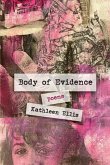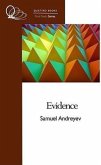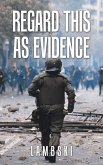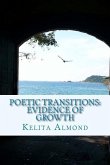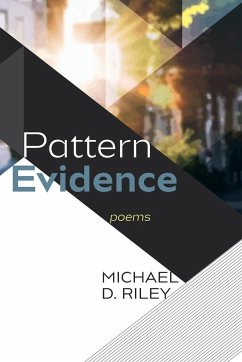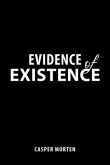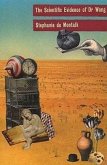With Icon and Evidence, Margaret Gibson gives us poems grounded in reverence and inquiry and sensuous delight. She extends and enriches the lyric poem, finding it capacious and durable enough to embrace short and longer meditations, epistles, persona poems, and narratives. Whether their concerns are intimate, spiritual, or social, these are poems of atonement essentially faithful to experience and its revelations, more so than to any specific creed or doctrine. The task to be faithful is both aesthetic and spiritual; to use words faithfully is how Gibson clarifies her encounters with the Absolute within the relative and mutable things of this world. The opening poem situates the poet beneath an endless sky of stars and dark emptiness: "But dear God, all I want is to be here, / my tiny anguish and my joy / a moment's notice, an equivalent cry". The book divides into four sections: Canticle, Complaint, Confession, and Compline. Like the Psalms, the poems praise with one voice, then turn to note human failure, error, and injustice. They contemplate the ways of desire, then enter "the mission of solitude", turning from social practice to meditative practice, "summoned / by pain and darkness by an intrepid joy". Traditionally, one who makes an icon does so in an attitude of contemplation, the finished icon uniting image and spirit in a presence that challenges and confronts the one who stands before it. Evidence has the force of both data and document, but it also includes "the evidence of things not seen". In this rich and powerful collection, Gibson uses both icon and evidence to probe the human heart -- its entanglements and its freedom.
Hinweis: Dieser Artikel kann nur an eine deutsche Lieferadresse ausgeliefert werden.
Hinweis: Dieser Artikel kann nur an eine deutsche Lieferadresse ausgeliefert werden.


